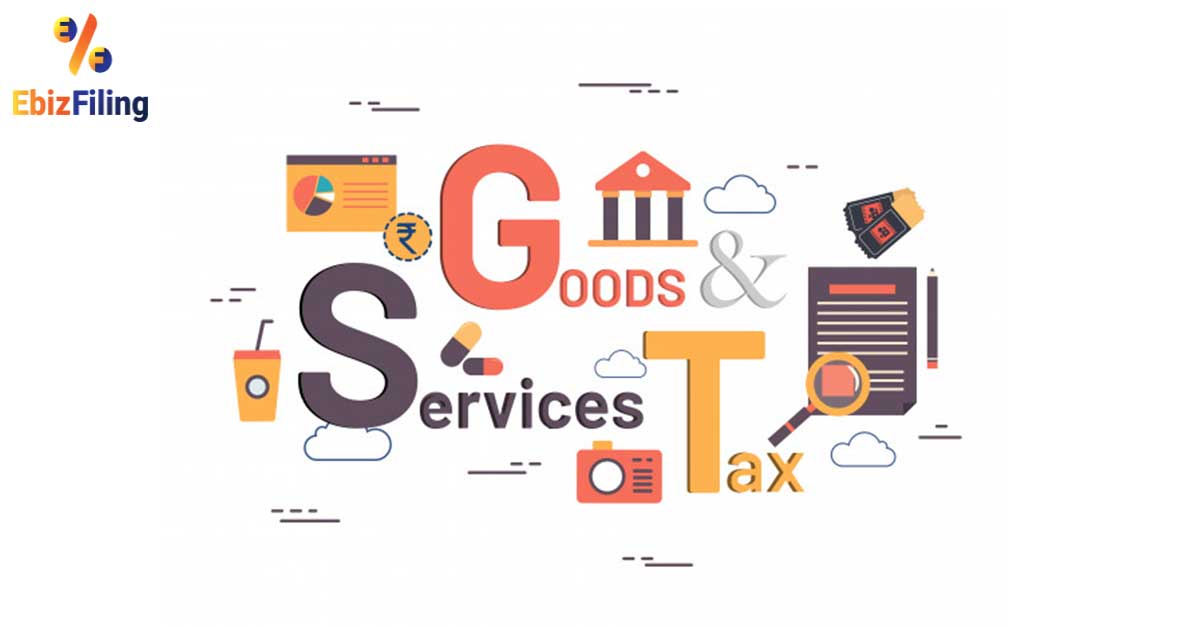Prevent Typical Errors in Singapore GST Registration for Your Service
The Ultimate Overview to Simplifying the GST Enrollment Refine and Needs for Small Company Owners

Recognizing GST Essentials
To realize the basics of the Goods and Provider Tax Obligation (GST) system, small company owners have to initially comprehend its underlying effects and principles. GST is a value-added tax obligation levied on a lot of products and solutions for domestic intake. It aims to simplify the taxation process by changing several indirect taxes enforced by the state and main federal governments. Under the GST routine, companies are required to collect and register tax in support of the government, guaranteeing transparency and conformity.
One of the crucial concepts of GST is input tax credit report, which permits businesses to assert credit scores for taxes paid on their acquisitions. Understanding these standard principles is important for tiny organization proprietors to browse the intricacies of the GST system and ensure compliance with the law.
Eligibility Criteria for Registration
Having developed a fundamental understanding of GST concepts, small company proprietors have to currently fulfill details qualification standards to continue with the enrollment procedure. In India, entities took part in the supply of products or services with an annual aggregate turnover exceeding Rs. 40 lakhs (Rs. 10 lakhs for special classification states) are needed to sign up for GST. In addition, particular businesses such as those associated with inter-state supply of products, laid-back taxed persons, and those needed to pay tax under the reverse fee system need to register for GST irrespective of their turnover. Moreover, organizations that were signed up under the previous tax program (BARREL, service tax, etc) are likewise mandated to register under GST. Agricultural businesses that only provide generate out of primary production are exempt from GST enrollment. It is critical for local business owner to meticulously analyze their eligibility based on these criteria to guarantee compliance with the law and avoid any kind of fines for non-compliance.
Documents Required for GST Registration

Simplified Registration Process Actions
Adhering to the collection and confirmation of the requisite papers, the registration procedure for GST can be navigated through a collection of simplified actions created to help with reliable conformity for small company owners. The initial step includes going to the GST portal and picking the 'New Registration' option. Ultimately, the candidate has to load in Component A of the GST REG-01 form with details such as PAN, mobile number, and email address to get an OTP for confirmation. article source Once the OTP is gotten and gone into, a Short-lived Reference Number (TRN) is created for more proceedings. The following action needs filling in Part B of the type with necessary business information, posting supporting records, and finishing the verification process using DSC or EVC. Upon successful confirmation, an Application Reference Number (ARN) is provided, showing the completion of the GST registration procedure. By adhering to these simplified actions, small company owners can effectively register for GST and make sure compliance with tax laws.
Tips for Ensuring Conformity
To maintain regulative adherence and operational integrity, persistent oversight and positive procedures are essential in making certain conformity with GST needs for little business proprietors. Little service owners must stay updated with GST regulations, filing deadlines, and any changes in tax prices to stay clear of fines and preserve see it here a great standing with tax authorities. Attending GST awareness workshops or training programs can boost understanding and conformity with GST guidelines, eventually benefiting the business in the lengthy run.
Verdict
In final thought, small company owners must recognize the fundamentals of GST, satisfy the eligibility standards, collect required papers, and comply with the simplified enrollment procedure steps to ensure conformity. By streamlining the GST registration procedure and requirements, local business proprietors can avoid fines and run their companies smoothly within the lawful framework - Singapore GST Registration. It is crucial for small business proprietors to stay enlightened and compliant with GST laws to keep a successful business procedure
Small service owners looking for GST registration need to ensure they gather and send the required documents to complete the enrollment process successfully. The documents needed for GST registration commonly include proof of service registration or incorporation, PAN (Permanent Account Number) card of the company address, identity and entity evidence of the promoters/partners/directors, my company photographs, address proof of the area of business, financial institution account declarations or canceled cheques, and permission kinds. Attending GST understanding workshops or training programs can boost understanding and compliance with GST laws, eventually profiting the organization in the long run.
By streamlining the GST enrollment process and demands, tiny business proprietors can stay clear of charges and run their companies smoothly within the legal structure. It is important for tiny service proprietors to stay informed and certified with GST laws to keep a successful organization operation.